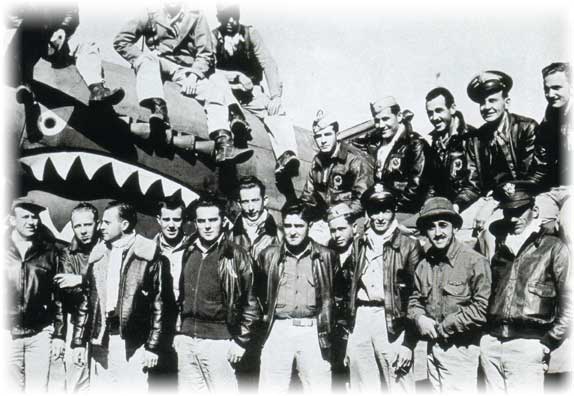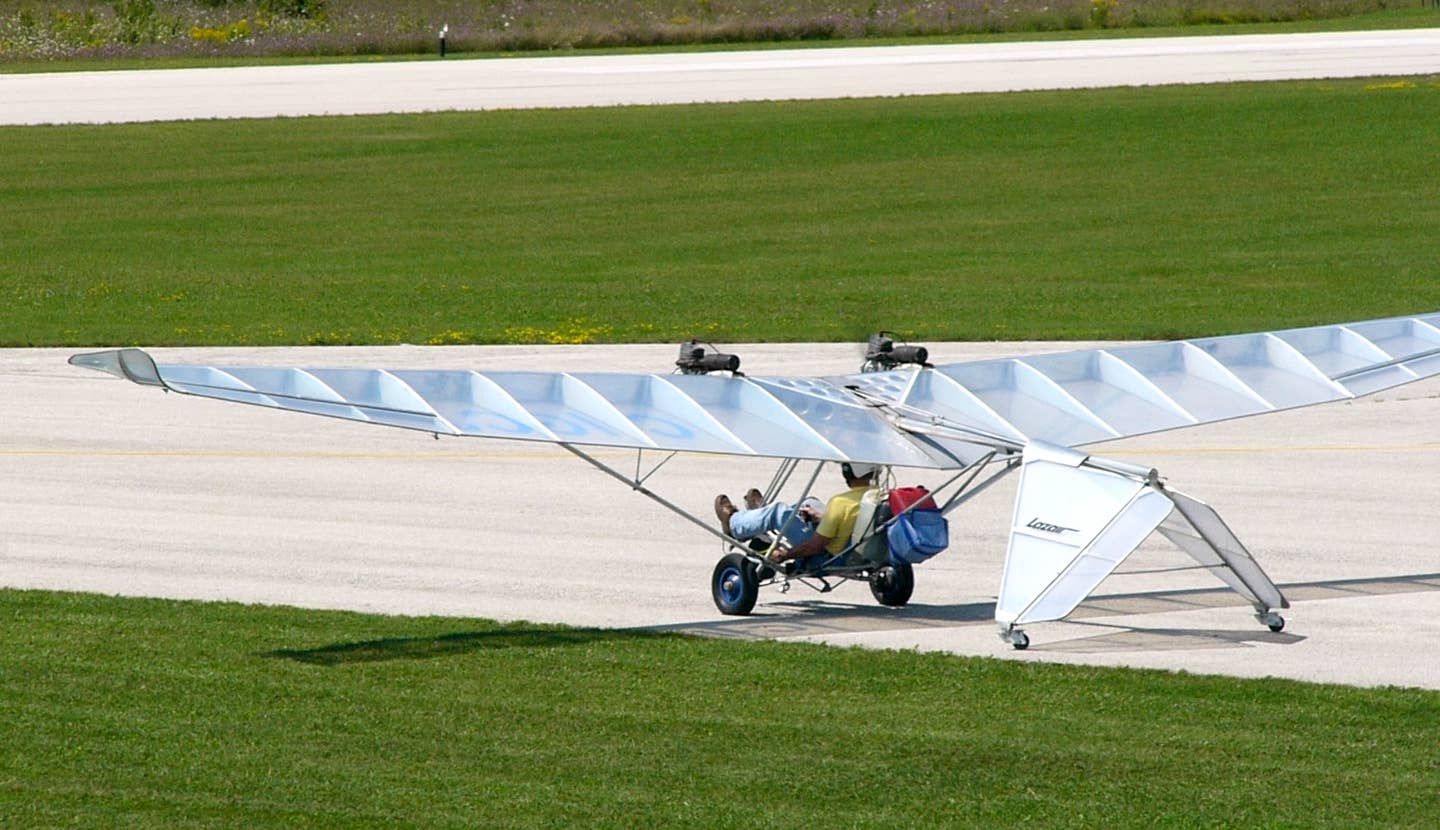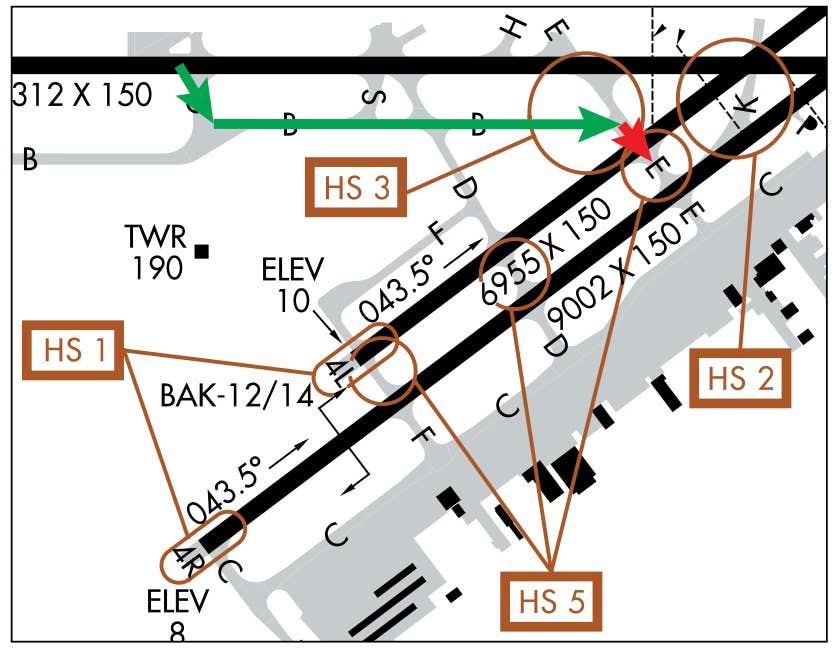CEO of the Cockpit #84: Terms of Up-Gearment
Don’t try to imitate the “heavy iron” pilots on the radio. They have their own language issues.
It was Saturday afternoon at the local flight school and, as I tried to snooze in a lounge chair near the back of the room, I overheared a CFI begin his student's Aviation as a Foreign Language training:"No," he said, "it is pronounced 'eh-luh-ron' not 'air-loin.' "His student tried to repeat after him but still had trouble getting the term correct. He also had been having trouble with other words that are common to pilots but not so familiar to the non-flying community.Words like "pitot," "airfoil," and "chandelle" were not exactly rolling off of this poor guy's tongue.I wish I could be around when this particular student has a try at aerodynamic terms like "dihedral," "camber," and "fuselage."As I was sitting back in the comforting arms of Lay-Z-Boy, I began to reflect on how important language and knowing your lines is to pilots, both professional and amateur.In airline flight schools, the most important thing in your preparation for simulator rides is to learn your lines and when to say them. Most simulator sessions are more like rehearsing "Our Town" or "West Side Story" than they are about yanking and banking. The wrong line or the wrong word could bring the whole production to a halt.
That's Not A Throttle
The terms were changed over the years to different and interesting things depending on what airplane school you were attending and what year you were attending it. For example, the term "abnormal" was changed by Boeing to "non-normal." Over many years flying in all three seats of the 727, I've seen the term "thrust lever" run back and forth with "throttle." One year the simulator instructor would call the three handles that make the engines go vroom the "throttles." The next year, when you called for the throttles to be pushed up for takeoff, the instructor would freeze the simulator and tell you that they weren't throttles, they were "thrust levers."Only gasoline engines have throttles," he would inform me. "Jet engines have thrust levers."Other things had different names depending on the season. Switches were "on" or "off" on most airplanes. They were "latched" and "unlatched" on the L-1011. Autopilots have been "on," "armed," and "activated." Go-arounds were also called "misses" and "wave-offs."The little levers that are on every jet's throttle console ... er, excuse me, thrust-lever console ... that turn the fuel to the engines on and off were called either "fuel switches," fuel cut-offs," or "start levers" depending on the airplane.Lifestyle terms varied from airline to airline. What would be called a "crew rest" with one company would be called a "layover" at the next. "Lean overs" were long waits at the airport that were too short in length to warrant a hotel room.A three-day trip was a "three day" but any trip longer than that was called a "safari," as in a "five-day safari". I never flew the 10-day trips the international guys did so I don't know what they called those. Even the term "trip" varied at different airlines. At mine, we called any trip a "rotation."I was almost asleep now as I waited in the lounge for my ride out of town. It was a day off and, like a mail-delivery person taking a hike during their down time, I was flying across the state to pick up a friend's horse trailer and drive it home.
Was That A Landing Or A Trap?
Just remembering your lines in the simulator and later on the airplane wasn't the only language problem that we airline pilots faced. Another language difficulty could emerge depending on who you flew with and what their background was. Navy guys talk flying much differently than Air Force types. Some GA guys tended to go super-serious in their talk to prove to their military counterparts that, even though they grew up flying 172s instead of F-14s, they were still professionals. Others, including me, went more casual.This casualness could lead to some misunderstandings. For years, on the 727, I refused to call for climb power, preferring to ask the co-pilot to "mush my huskies."Saying "gear down" was the official and correct thing to say on final when you were around the outer marker. But sometimes, just for fun, I'd ask for the "runway noise suppressors" to be extended.As I got a little older and wiser, I came to realize that being cute with my language was fun for me but could be dangerous for others. Misunderstandings have led to almost as many airplane crashes as it has divorces. We in the airline world had a free ride when it came to terminology until the late 1980s, when saying the wrong thing or fooling around could end your career.This was also the time when running checklists stopped being optional and became mandatory on every single leg.There were times in my flight-engineer days that even suggesting that we run a checklist like the Approach check or Taxi check would lead to a "Humph" from the front two guys and a quick put down sent my direction, like, "Hey, we know what we're doing. Don't run a checklist unless I ask for it, OK?"Nothing cleans up your act like killing some passengers.After a few crashes and a few lost airplanes on the North Atlantic tracks, we all decided that doing it right was much better than doing it witty when it came to aircraft procedures. It took a lot of pressure off of this particular flying smart-ass. I could concentrate on flying instead of my next smart remark.
Harassing the Next Generation
It was time to end my nap and go commit a flagrant act of aviation. As I roused myself, a young flight student came up to me and asked an innocent question:"Excuse me," he said, "but are you a certified flight instructor?"A predictable question, given that my fat butt was in a flight school. The poor guy never saw the language lesson I gave him coming.Young man, I said, I am not a certified flight instructor. There is no such thing as a certified flight instructor. The FAA certificates flight instructors. They don't, in any way, certify them to do anything. A CFI is a certificated flight instructor."Geeze, you old fart," he said as he stalked off. "I was looking for somebody to do a biennial flight review with me, not give me a frickin' lecture."There's no "biennial" in front of ... oh, never mind.
Want to read more from AVweb's CEO of the Cockpit? Check out the rest of his columns.






